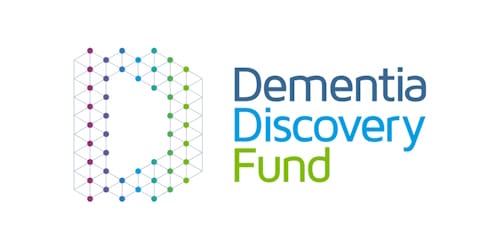Eisai and Biogen report positive results from lecanemab Phase 3 study in Alzheimer’s disease with a statistically significant slowdown in clinical decline. While the news demonstrates continued progress in the development of amyloid-targeting drugs, it also underscores the need for novel therapeutics that address additional mechanisms known to underlie the pathophysiology of Alzheimer’s disease.
Highly significant results announced by Eisai and Biogen from the CLARITY AD trial of lecanemab are a much-needed example of success in the field of drug development for Alzheimer’s disease (AD). These results are encouraging for patients who are in dire need of new treatment options to slow the progression of this disease. The unambiguously statistically positive Phase 3 study provides strong evidence for the therapeutic benefits of lecanemab, supporting the notion that the drug will very likely be approved by the FDA and become the first disease modifying therapeutic for AD patients, able to address the significant unmet need that remains in AD.
The results are also highly rewarding for researchers and physicians who have devoted decades of effort to identifying a disease modifying therapy for AD and investors such as the Dementia Discovery Fund (DDF) who have backed entrepreneurs and biotech companies developing new therapeutics targeting a broad range of novel biological mechanisms associated with AD. This major achievement will stimulate greater research and development across the ecosystem of AD drug developers and will likely catalyze additional investment in this field.
“The success of lecanemab in a large scale Phase 3 clinical trial is exciting news for patients suffering from Alzheimer’s disease”, commented Luca Santarelli, Chair of the DDF Scientific Advisory Board. “While these results are highly encouraging, I believe that the unmet medical need in AD remains great and the search for novel treatments with the potential to significantly halt disease progression should be further bolstered”.
Lecanemab is an amyloid-targeting therapy, for the treatment of early AD. Historically, the field of AD drug development was focused solely on targeting amyloid pathways however, as scientific understanding of the underlying mechanisms of disease associated with AD have become better understood, different disease pathways and modalities are being explored as therapeutic options. Early-stage investors such as the DDF have been creating and making investments into innovative companies developing these novel therapeutics.
“Fundamental research has established that AD pathophysiology is both complex and diverse, with a multitude of molecular pathways involved besides beta amyloid.” said Jonathan Behr, Partner, DDF. “The objective of DDF will continue to be to go beyond anti-amyloid therapies and fund novel drug approaches and transformative technologies that could be used additively or synergistically, in the aim of greatly enhancing patient outcomes.”
About The Dementia Discovery Fund
The Dementia Discovery Fund (DDF) invests in, and creates, biotech companies pursuing transformational therapeutic approaches for dementias including Alzheimer’s disease. The DDF works with its networks and influential group of investors which includes pharmaceutical companies (Biogen, Eli Lilly and Co., GSK, Johnson & Johnson, Otsuka (Astex), Pfizer and Takeda), along with AARP, Aegon, Bill Gates, British Patient Capital, NFL Players Association, Quest Diagnostics, UnitedHealth Group, the UK Government’s Department of Health and Social Care, and the charity Alzheimer’s Research UK. DDF is managed by SV Health Managers, LLP. Learn more at www.ddf.vc
